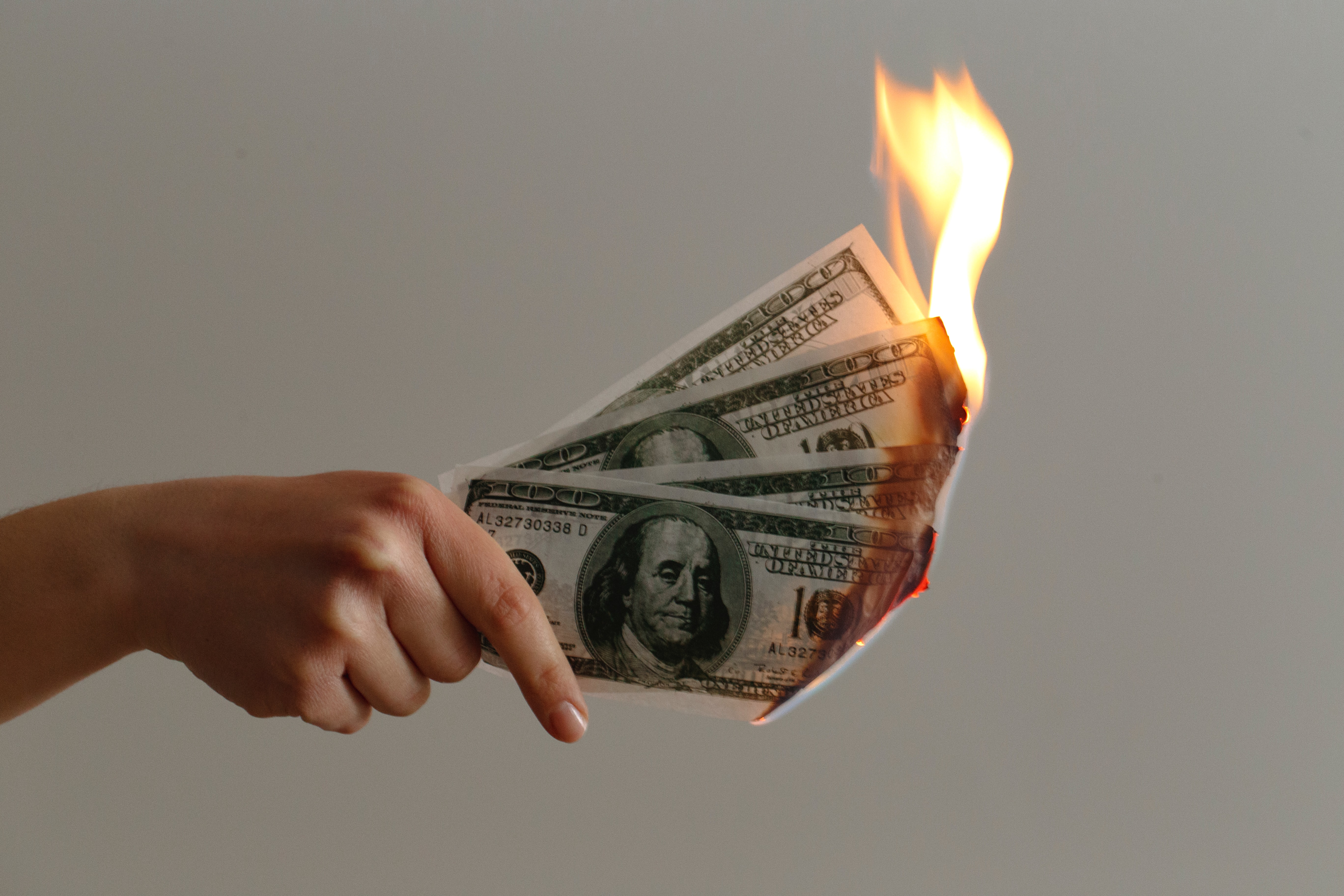Benefits of Investing in Long Term Assets
Building an investment portfolio can mean many different things. You can invest in everything from stocks and bonds to real estate and commodities....

Cash flow is an essential component in real estate investing. Positive cash flow is vital if you are planning to grow your portfolio and obtain wealth through real estate investing.
It is also something that is subjective, can be easily manipulated and honestly highly overrated when it comes to evaluating rental property potential.
Surprised by this statement? When it comes down to it, cash flow means essentially nothing if that is the only metric you are considering.
Real estate cash flow is simply the difference between the rental income and all the expenses at the end of the month. If rent = $1000 and your expenses (including mortgage) were $800, the cash flow would be $200. Most likely you’ve heard that you want at least $200 in cash flow per month – otherwise keep looking.
The question is WHY? What is so magic about $200 that it will lead people to believe a property is a great deal or not? Honestly, there is nothing specific about that dollar amount that should make or break your decision.
In truth, cash-flow should be one of the last things we consider when pursuing rental properties.
 Let me prove my point. Property A has a cash flow of $1000 per month. Property B has a cash flow of $150 per month. Which of the two properties are you going to choose?
Let me prove my point. Property A has a cash flow of $1000 per month. Property B has a cash flow of $150 per month. Which of the two properties are you going to choose?
Most people would see a $1000 cash flowing property and immediately say Property A! Most often, people will gravitate towards the higher cash flow. The problem is, without knowing anything about the property you have very little to base these values.
A wise investor would want to know more information because $1000 in cash flow is very different if your initial investment was $250,000 as compared to $25,000. In fact, depending on your return on investment, Property B might far surpass Property A as an investment is concerned.
When evaluating rental properties, an investor can use cash flow to evaluate a property in a more global capacity. To determine what your return on the investment would be for a given property you can look at cash on cash.
From this example, you can see how clearly a much smaller cash flow leads to a much higher return on investment (ROI). One of the best things to consider, in addition to your cash flow, is the CoC rate of return.
As mentioned previously, cash flow is simple total monthly income minus all your debts/expenses. Depending on how much you set aside each month for your reserves (vacancy, maintenance, capital expenditures), this can significantly impact your cash flow as well. If you are setting aside 20% each month for your reserves, this will decrease your cash flow by $200 if you are receiving $1000 in monthly rent.
Depending on your comfort level and risk tolerance, you could easily change that reserve percentage to 10-15% to significantly increase your cash flow. Alternatively, you could simply include a years’ worth of reserve as part of your down payment when purchasing the property and not have to set any money aside on a monthly basis!
If we haven’t convinced you that looking at cash flow in a silo is foolish, then let’s evaluate from another angle. We evaluate cash flow during the first year but what happens after the first year of having a tenant in place? If you have a good property manager, rent should increase, which inherently means that your cash flow will increase as well.
 So, if you were to nix a property because it only cash flowed $180, you’re likely missing out on a property that could very well cash flow >$200 during year 2 - and every year beyond that!
So, if you were to nix a property because it only cash flowed $180, you’re likely missing out on a property that could very well cash flow >$200 during year 2 - and every year beyond that!
Yes, cash flow is certainly important and it is essential to know what your threshold should be – but do it in conjunction with some of the other metrics discussed.
Additionally, most investors are looking to grow their wealth over time, not simply looking at a single property and the cash flow associated with it. Growing wealth comes from long term appreciation, debt down payment, tax benefits, depreciation, inflation mitigation, etc. Using all of these aspects of real estate investing can substantially improve your return on investment to the extent that one-year projections of cash flow shouldn’t matter.
Here is our final example to demonstrate how insignificant cash flow can be in the grand scheme of obtaining real wealth. A property is purchased for $200,000 with a 20% down payment ($38,000), monthly rent of $1500, interest rate of 5% and expenditures (vacancy, maintenance and PM) equating to 23% of monthly rent.
In this example, our cash flow isn’t above $200 but our initial investment of $38,000 has a return of 35% after just 1 year!! Assuming an increase in annual rent of 3%, our annual cash flow continues to increase every year to the extent that by year 5, we are producing $2,337 annually ($194 monthly).
Remember, cash flow is important, but it shouldn’t be an absolute essential metric. Wealth through real estate investing isn’t solely reliant on cash flow. Look at your cash-on-cash return, cap rate and returns on investment!
Interested in learning more? Check out our rental property calculator!
Building an investment portfolio can mean many different things. You can invest in everything from stocks and bonds to real estate and commodities....
Turnkey properties are often overlooked in the world of real estate investing.

1 min read
Investing in real estate isn't something that involves using just one strategy. The best strategy for you depends on the type of investor you are and...